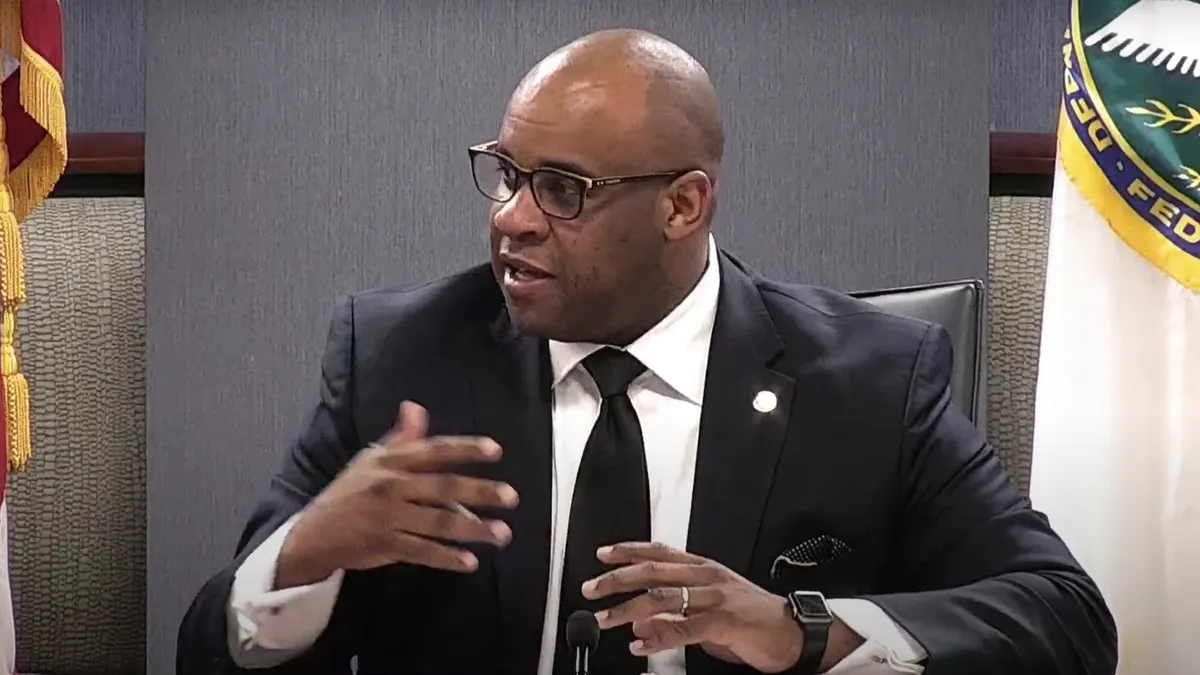The following is a contributed article by Kenneth W. Costello, a regulatory economist and independent consultant who has worked for the National Regulatory Research Institute, the Illinois Commerce Commission, Argonne National Laboratory and Commonwealth Edison.
Public policy addressing climate change can pursue three distinctive paths: (1) reduce the cost of carbon-free energy with subsidies and government-funded R&D; (2) make carbon-intensive energy more expensive via a carbon tax; and (3) mandate targets on clean-energy production and "caps" on carbon emissions, such as a cap-and-trade mechanism and renewable energy standards.
A carbon tax has special appeal to economists of different stripes, who support it largely on theoretical grounds. For example, over 3,500 economists from both sides of the political spectrum, including 27 Nobel Laureates, four former chairs of the Federal Reserve and almost all former chairs of the Council of Economic Advisers, have signed the "Economists’ Statement on Carbon Dividends" advocating a carbon tax.
As a Pigouvian-type tax on a negative externality, such as carbon-dioxide or methane emissions, a carbon tax can send proper price signals to consumers and producers (for example, the price level that aligns with the social cost of production that includes the damage from carbon dioxide emissions), stimulate R&D on clean technologies, and avoid command-and-control, subsidies and other inherently inefficient measures. A carbon tax could also motivate emitters to search out the least-cost options.
Blackboard economics
The Nobel Laureate Ronald Coase once coined the term "blackboard economics".
He remarked in an interview that blackboard economics is "economics which you can put on the blackboard, in which you study an imaginary system. It's not empirically based at all. It's not concerned with what really happens. It's what you imagine could happen and what you imagined didn't happen…That's called blackboard economics. It's something you can put on the blackboard but that doesn't exist."
What Coase said is instructive for a carbon tax: policymakers should account for world realities rather than merely resorting to the theory with its simplified assumptions detached from reality. For carbon taxes, this means that policymakers should consider the politics, the profound problems with measuring the social cost of carbon (SCC) and other real-world challenges. (Analysts and policymakers refer to the damage done to society from carbon emissions as the SCC. It is the appropriate metric for setting a carbon tax and taking other actions directed at mitigating carbon emissions.)
Our knowledge of the SCC, however, is so speculative to make estimates highly suspect. The SCC is dependent on parameters that are subjective ("garbage in, garbage out") — interest groups and bureaucrats can come up with an SCC that best advances their agenda. For example, the SCC is highly sensitive to the (1) discount rate since major alleged damages would begin only after several decades have passed and (2) temperature change and welfare losses from a ton of carbon emissions.
Questionable impact
It is questionable whether a carbon tax would have a detectable effect on climate change. If the demand for "dirty" energy is highly inelastic, for example, people may be willing to pay the tax and continue emitting carbon. This weakens the argument of those who believe that even if a carbon tax fails a benefit–cost test, it can still act as a form of "insurance" by avoiding "worst case" scenarios for climate change. The overall effect is the government collecting huge tax revenues with little effect on global temperatures.
While having no carbon tax seems wrong, it may be better from a social welfare perspective than to assume some grossly high level for a carbon tax. On the blackboard, a carbon tax would level the playing field between clean and non-clean energy: as of today, non-clean energy receives an implicit subsidy, an optimal tax would eliminate that subsidy. But in the real world, since the SCC is so speculative that we have little idea of the tax’s optimal value, the risk is that an "excessively high" tax on carbon could lead to a reversal, namely, a subsidy to clean energy.
Estimates of the SCC require forecasts that relate economic and noneconomic welfare losses to carbon emissions and global temperature change. What we know today is that those forecasts are highly uncertain, seriously diminishing their use as the basis for setting a carbon tax.
A U.S. carbon tax would actually do little to reduce carbon emissions outside the U.S., where the climate-change battle will be won or lost. The reason is that over 85% of carbon emissions originate in foreign countries.
Inefficient regulations
Even with a carbon tax, climate activists would surely push for more stringent (inefficient) regulations. They would never agree to a carbon tax unless it was extremely high — but even then, we would likely fail to achieve the proverbial 2 degrees Celsius target that many of them advocate. And a high tax rate would surely face strong opposition from the political right and center.
We know from the past that when governmental action leads to higher energy prices, there is often a public outcry. We also know that environmentalists are generally skeptical of market-based approaches; their preferences are subsidies for clean energy technologies and caps on emissions. The trouble with subsidies is that they reflect heavy-handed regulation and require policymakers with imperfect information to choose specific technologies for preferential treatment.
Some advocates of a carbon tax argue that it would be easier to undo a tax than other alternative approaches when found to be appropriate. But based on experiences with other taxes, beneficiaries (e.g., clean energy producers) will likely exert strong political opposition to the abolition of a tax.
What then would be the purpose of a carbon tax (or any climate policy) if it fails to reduce the welfare losses from increased temperatures derived from carbon emissions? We will surely see fewer carbon emissions but if no discernible change in global temperature occurs, then why implement the tax in the first place?
Adaptive strategies
Instead of a carbon tax, why not give more consideration to adaptive strategies, which can evolve over time in response to new information? The best scientific evidence shows that warming of the earth’s atmosphere will grow gradually, allowing ample time for adaptive measures to mitigate the effects of climate change. As we learn from basic economics and other contexts, people adapt when change implies a need to reoptimize.
Adaptation can involve adjusting planting dates and crop locations; building and strengthening seawalls; and urban and rural flood management. It does not require international cooperation — which is highly unlikely but necessary to satisfy the stringent temperature changes demanded by climate advocates. Arguably, adaptation is more effective, less costly and a more practical solution than trying to achieve a targeted temperature change for which we will almost surely fall short.






















